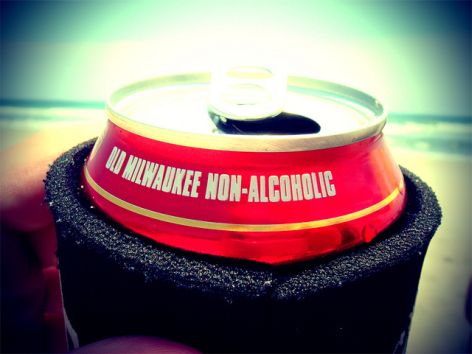For recovering alcoholics, non-alcoholic beverages seem like a safe way to indulge their guilty pleasure without actually lapsing. It may be safer and healthier to consume non-alcoholic beer and wine, but these drinks could have negative effects on your recovery. If you are considering non-alcoholic beverages as an alternative to the real thing, please consider these points first.
It’s All in Your Head
The first problem with non-alcoholic beverages is they encourage your brain to think about drinking. Drinking alcohol releases a chemical in your brain called dopamine, which is what makes you feel joy and pleasure from drinking. The anticipation of alcohol — from thinking about drinking and buying drinks (even non-alcoholic) to experiencing the familiar tastes of alcoholic drinks — releases dopamine as well. Of course, you may be indulging in non-alcoholic drinks in search of that very pleasure, but once you find it, your brain will only want more. The familiarity of the dopamine release will trigger memories of the pleasures of real alcohol, making it more likely you will relapse.
Bad Company
Another problem with drinking non-alcoholic beverages is you will most likely be drinking in a setting where others are consuming real alcohol. Whether it’s in a bar, a restaurant or at home with friends, the more you are around others drinking, the more tempted you will be to drink. If you have trouble finding things to do where alcohol is not involved, try forming a support group of peers who will enjoy sober activities. The truth is when you buy non-alcoholic drinks, you are still focusing on drinking. Keep in mind all non-alcoholic drinks contain a small amount of alcohol. To be truly successful on your path to recovery, you’ll find greater peace by distancing yourself from the very idea of alcohol altogether. That means avoiding people while they’re drinking alcohol, places where alcohol is served and, yes, even drinks that taste like beer or wine. Photo: ctoverdrive

